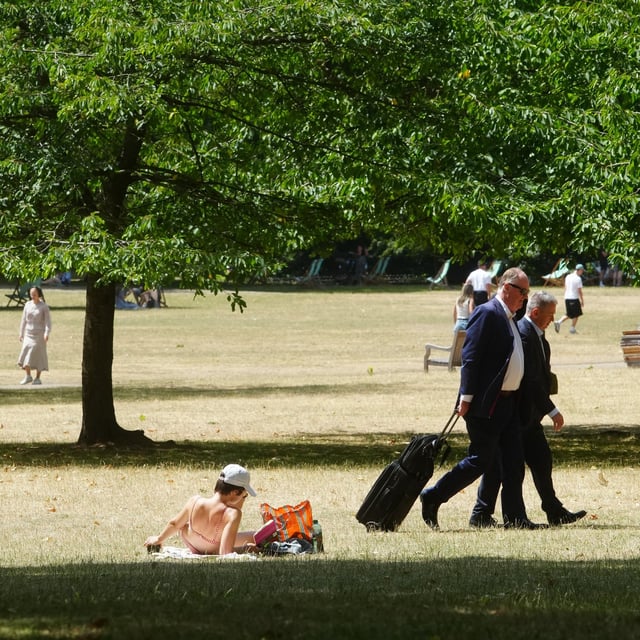Overview
- Peer-reviewed analysis of nearly 5,900 urban residents shows a daily 15-minute exposure to green spaces significantly lowers anxiety and depression scores
- Participants who remained still in parks experienced greater reductions in depressive symptoms than those engaging in active nature activities
- Among all urban environments studied, forested areas with dense tree cover produced the strongest mental health benefits
- Young adults saw disproportionately larger gains, underscoring nature’s role in early prevention of mental health disorders
- Researchers are building scenario models to estimate how boosting tree cover and pocket parks could avert mental illness, cut healthcare costs and bolster environmental resilience

